Britain’s governing Conservative Party suffered heavy losses in local election results Friday, further cementing expectations that the Labour Party will return to power after 14 years in a U.K. general election that will take place in the coming months.
Labour won control of councils in England it hasn’t held for decades and was successful in a special by-election for Parliament that, if repeated in the general election, would lead to one of the Conservatives′ biggest-ever defeats.
Though the results overall make for grim reading for Prime Minister Rishi Sunak, he was able to breathe a sigh of relief when the Conservative mayor of Tees Valley in the northeast of England was re-elected, albeit with a hugely depressed vote. The victory of Ben Houchen, who ran a very personal campaign, may be enough to cushion Sunak from any revolt by Conservative lawmakers.
For Keir Starmer, the Labour Party leader, it’s generally been a stellar set of results, with the only real negative coming in some areas with large Muslim populations, such as Blackburn and Oldham in northwest England, where the party’s candidates appear to have suffered as a result of leader Keir Starmer’s strongly pro-Israel stance in the conflict in Gaza.
Perhaps most important in the context of the looming general election, which has to take place by January but could come as soon as next month, Labour won back the parliamentary seat of Blackpool South in the northwest of England, which went Conservative in the last general election in 2019, when then-Prime Minister Boris Johnson made big inroads in Brexit-supporting parts of the country.
In the contest, triggered by the resignation of a Conservative lawmaker following a lobbying scandal, Labour’s Chris Webb secured 10,825 votes, to his second-placed Conservative opponent’s 3,218. The swing from Conservative to Labour, at 26%, was the third biggest since World War II, that would be more than enough to see the party return to power for the first time since it was ejected in 2010.
Starmer went to Blackpool to congratulate Webb on his success and urged Sunak to call a general election. Sunak has the power to decide on the date and has indicated that it will be in the second half of 2024.
“This was directly to Rishi Sunak to say we are fed up with your decline, your chaos and your division and we want change,” he said.
Thursday’s elections in large parts of England were important in themselves, with voters deciding who will run many aspects of their daily lives, such as garbage collection, road maintenance and local crime prevention, in the coming years. But with a general election looming, they are being viewed through a national prism.
John Curtice, professor of politics at the University of Strathclyde, said the results so far indicate that the Conservatives are losing around half of the seats they are trying to defend.
“We are probably looking at certainly one of the worst, if not the worst, Conservative performances in local government elections for the last 40 years,” he told BBC radio.
As of Friday lunchtime, with over a quarter of the 2,661 seats up for grabs counted, the Conservatives were down 136 while Labour was up 61. Other parties, such as the centrist Liberal Democrats and the Green Party are also making gains. Reform U.K., which is trying to usurp the Conservatives from the right, can also point to a successful set of election results, even thought it contested a minority of council seats. The party’s threat to the Conservatives was evident in Blackpool South, where it was less than 200 votes from second place.
Labour has won in areas that voted heavily for Britain’s departure from the European Union in 2016 and where it was previously crushed by Johnson, such as Hartlepool in the northeast of England, and Thurrock in southeast England. It also seized control of Rushmoor, a leafy and military-heavy council in the south of England where it has never won.
One bright spot for the Conservatives was the result in Tees Valley, which prior to Brexit had been a traditional Labour stronghold. However, Houchen’s vote share was much smaller at nearly 54%, against 73% in 2021.
Sunak will be hoping that Andy Street will also hold on to remain mayor of the West Midlands when that result is announced on Saturday. Also Saturday, Labour’s Sadiq Khan is expected to remain mayor of London.
Sunak became prime minister in October 2022 after the short-lived tenure of his predecessor, Liz Truss, who left office after 49 days following a budget of unfunded tax cuts that roiled financial markets and sent borrowing costs for homeowners surging.
Her chaotic — and traumatic — leadership compounded the Conservatives’ difficulties following the circus surrounding her predecessor Johnson, who was forced to quit after being adjudged to have lied to Parliament over lockdown breaches at his offices in Downing Street.
Nothing Sunak has tried to do appears to have shifted the political dial, with Labour consistently 20 percentage points ahead in opinion polls, which would lead, if translated into a general election, to a landslide victory on a par with that achieved by Tony Blair in 1997.
Whether anyone else can do better is a question that may occupy the minds of nervous Conservative lawmakers in Parliament heading into the weekend.\
(AP)

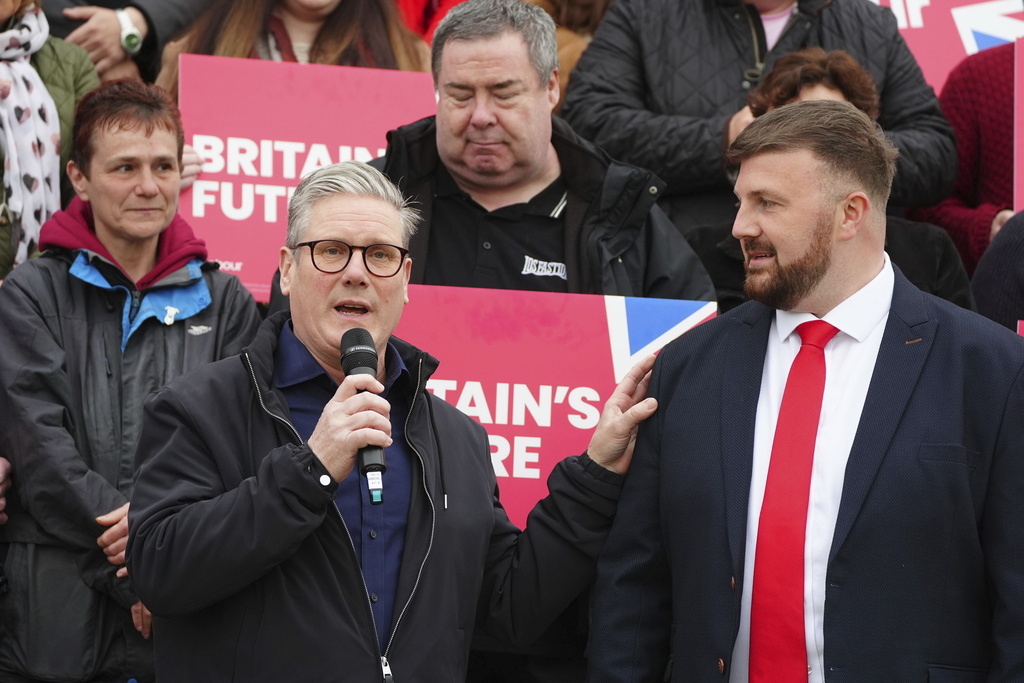

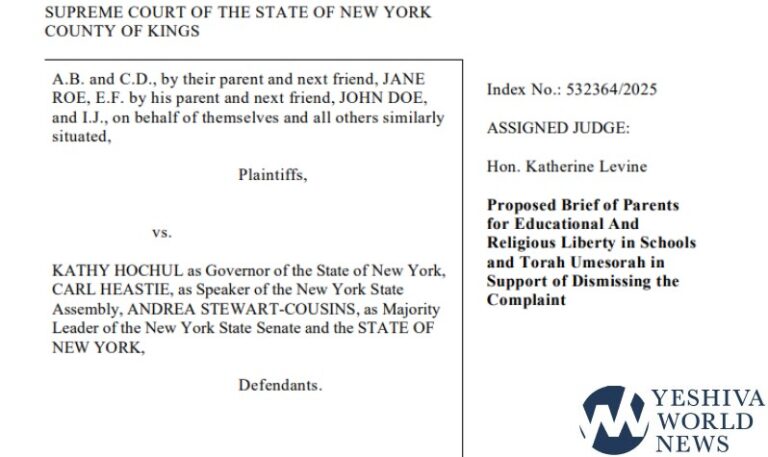

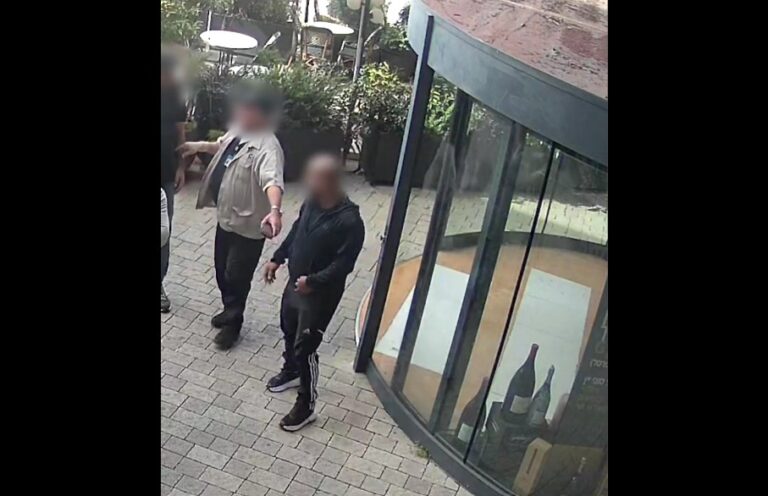
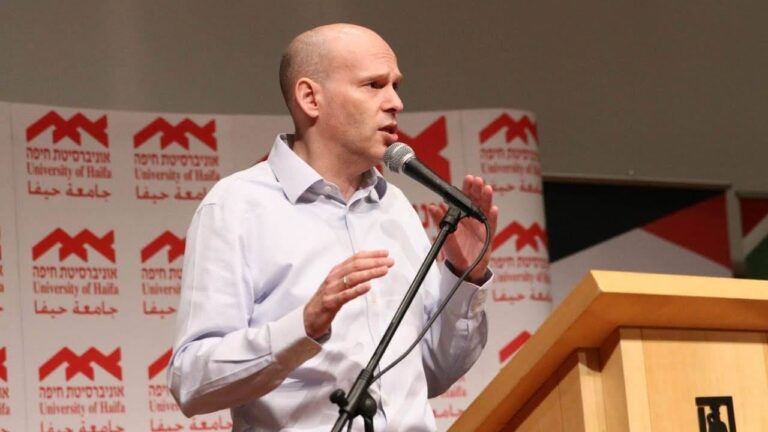
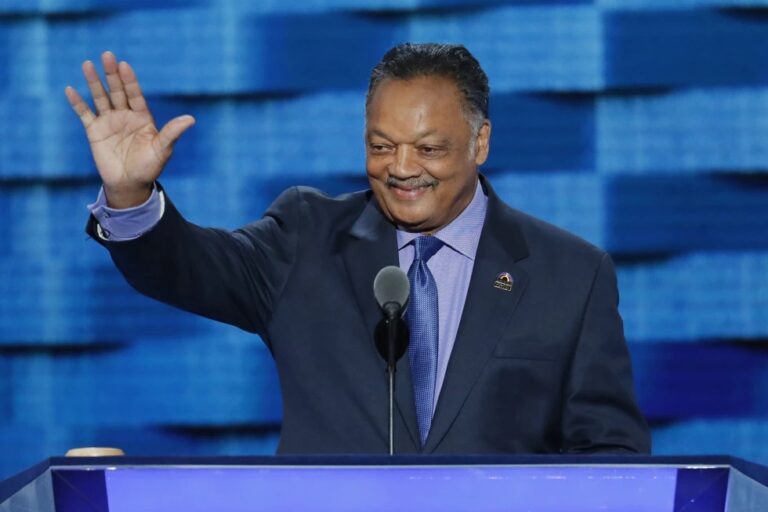




One Response
This is the copy paste nonsense coming from a leftist naturally labour seeking media, quoting bbc etc.
Now go bring something from the rightist.